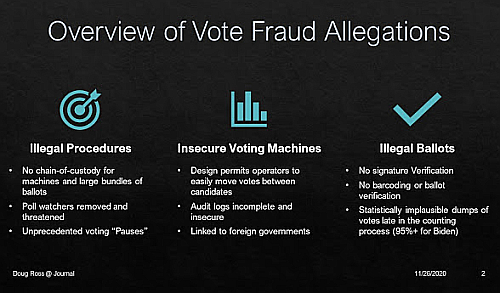Pushback: PA school board settles lawsuit and will pay $300K for censoring critics

Reaffirmed at Pennsbury, despite its school board’s hostility
Bring a gun to a knife fight: The Pennsbury school board in Pennsylvania has now been forced to pay $300K and fire its attorney, Peter Amuso, because that attorney silenced three different individuals during the open comments period at a school board meeting, simply because they were criticizing the board’s policies.
More details here. This quote describes how Amuso shouted down one of those speakers, Doug Marshall:
Marshall was interrupted by solicitor Peter Amuso for referring to the equity policy as the “equity and critical race theory policy,” which, Marshall is told, isn’t what it is officially called. … Marshall is later asked to stop speaking for sharing “irrelevant” information and violating Pennsbury School Board Policy 903, which states that members of the public can be asked to stop speaking for “lengthy, personally directed, abusive, obscene or irrelevant” comments.
“You’re now being disruptive and disorderly, you’re done,” Amuso can be heard telling Marshall as he objects to being cut off.
The board’s defeat in court was certain because a federal court has already ruled [pdf] that the board’s actions were unconstitutional.
» Read more

Reaffirmed at Pennsbury, despite its school board’s hostility
Bring a gun to a knife fight: The Pennsbury school board in Pennsylvania has now been forced to pay $300K and fire its attorney, Peter Amuso, because that attorney silenced three different individuals during the open comments period at a school board meeting, simply because they were criticizing the board’s policies.
More details here. This quote describes how Amuso shouted down one of those speakers, Doug Marshall:
Marshall was interrupted by solicitor Peter Amuso for referring to the equity policy as the “equity and critical race theory policy,” which, Marshall is told, isn’t what it is officially called. … Marshall is later asked to stop speaking for sharing “irrelevant” information and violating Pennsbury School Board Policy 903, which states that members of the public can be asked to stop speaking for “lengthy, personally directed, abusive, obscene or irrelevant” comments.
“You’re now being disruptive and disorderly, you’re done,” Amuso can be heard telling Marshall as he objects to being cut off.
The board’s defeat in court was certain because a federal court has already ruled [pdf] that the board’s actions were unconstitutional.
» Read more









